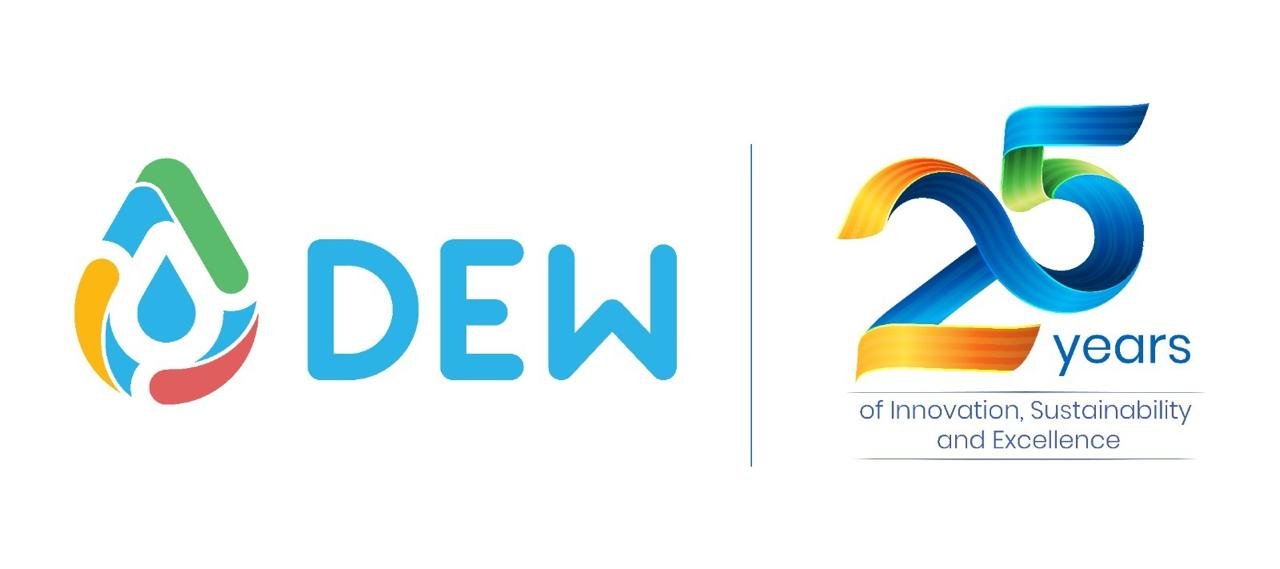Our Energy Services division provides on-site, technology-driven chemical and service solutions to the global natural gas, petroleum and petrochemical industries. In addition to stimulation, recovery, production and process enhancements, we also deliver a full range of water treatment offerings to floating production storage and offloading vessels as well as refineries and petrochemical plants. Our upstream applications improve oil and gas production, extend equipment life and decrease operating costs through value added services and a full suite of production chemistry. Our downstream applications increase refinery and petrochemical plant efficiency and the useful life of customer assets, while improving refined and petrochemical product quality and yields. Our mission is to lead the industry in creating value for our customers and Dew through differentiated technologies that save water and energy, enhance production and improve air quality, while reducing total cost of operations.
Every plant is looking for new ways to minimize corrosion, reduce fouling, save energy, reuse water, and minimize down time. Dew has chemicals, equipment, and analytics to help improve your operations.
Turnkey Water, Process & Wastewater solutions
In an environment where fluctuating demand and supply are the norm, refineries need to address growing environmental challenges and regulations. We are well positioned to tackle these needs with refinery solutions such as emulsion breakers, antifoulants, scavengers, monitoring solutions, and much more.
- Meet specifications for finished fuels
- Protect valuable capital assets
- Improve energy efficiency and maximize output
- Rapidly respond to changing operations
- Advance technology for wastewater reuse
- Heavy metal removal for wastewater
- State-of-the-art chemical, monitoring and control technology
- BOO solutions
- Meet specifications for finished fuels
- Comply with environmental, health and safety (EH&S) regulations
- Treat recycle and reuse water and wastewater
In converting feedstock into high-quality fuel and other refined products, profitability hinges on keeping key process units running, controlling operating costs, and effectively meeting regulatory requirements. As the leading provider of treatment solutions to the refining industry, we can help hydrocarbon processors with a wide array of antifoulants, corrosion inhibitors, finished product additives.
Hydrocarbon Processing
Increase profitability and control operating costs associated with the conversion of feedstock into high-quality fuel and other refined products. In converting feedstock into high-quality fuel and other refined products, profitability hinges on keeping key process units running, controlling operating costs, and effectively meeting regulatory requirements. As the leading provider of treatment solutions to the refining industry, Dew can help hydrocarbon processors with a wide array of antifoulants, corrosion inhibitors, finished product additives, and more.
Better Chemistry -Antifoulants
Process equipment fouling in oil refineries and petrochemical industries is an on-going, tenacious, and extremely costly problem. Severe economic and operational penalties related to fouling include:
- Inefficient heat transfer and subsequent increases in energy costs
- Reduced reliability and processing flexibility
- Excessive maintenance requirements
- Throughput limitations
- Equipment damage
- Significant safety and environmental concerns
- Eventual unit shutdown
For more than 25 years, Dew has developed antifoulant technology and applications expertise. The benefits of our solutions include:
Corrosion Control
Proper chemical treatment is essential to prevent corrosion in critical and complex production units for hydrocarbon and chemicals processing. Our corrosion treatment chemicals include neutralizers, filmers, and non-nitrogen-based corrosion inhibitors. These help prevent damage from galvanic (two-metal) corrosion, under-deposit corrosion, pitting, intergranular corrosion and stress corrosion. In addition, specialized products are available that provide dual capability in filming, neutralizing, dispersing, scavenging and/or inhibiting corrosion.
Corrosion Inhibitor Features
- Maximized throughput and increased production
- Improved product quality
- Improved overall equipment reliability
- Reduced equipment cleaning and replacement costs
- Lower overall energy cost
- Lower waste disposal cost
- Improved worker safety and environmental compliance
Emulsion Breakers
In chemical production or hydrocarbon refining facilities, many units are designed to extract impurities, control foaming, and separate hydrocarbons from aqueous-based fluids. Over the past decade, We have developed patented products (oil-based, water-based, and silicone-based) for improving phase separation efficiency while reducing overall operating costs.
Improved finished fuel quality specifications
Petroleum refiners and marketers spend millions on additives to help meet finished fuel quality specifications. Many traditional finished product additives are inefficient and result in unnecessary costs. Dew additives are designed to help meet fuel specifications at minimum costs. These are combined with comprehensive services, including on-site monitoring, chemical analysis, and recommendations from testing laboratories, for a complete product additive solution.
- Helps refiners and marketers cost effectively meet fuel specifications.
- Ensures proper fuel handling and performance characteristics.
- State-of-the-art gasoline, diesel, aviation fuel, blend component, biofuel and feed stock additives.
- Customized feedback and system recommendations
Hydrogen sulfide scavengers
Hydrogen sulfide (H2S) scavengers are widely used in hydrocarbon and chemical processing facilities. These specialized chemicals react selectively with and remove H2S to help meet product and process specifications. Dew sulfide scavengers, including the DEW-HS SERIES portfolio of products, are specifically designed to be a cost-effective solution for a broad range of operating conditions and product compositions.
- Reduce the health, safety, and environmental hazards of handling fuels that contain H2S
- Improve fuel quality by controlling H2S in the vapor space of fuel storage, loading, and shipping equipment
- Improve the copper strip rating of fuels that contain H2S

